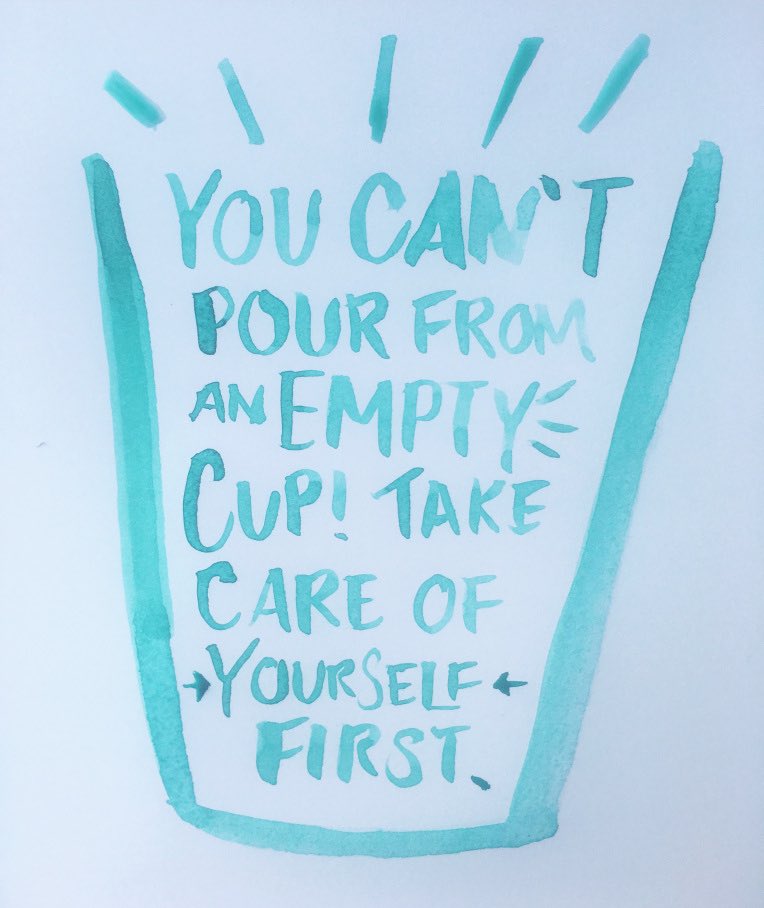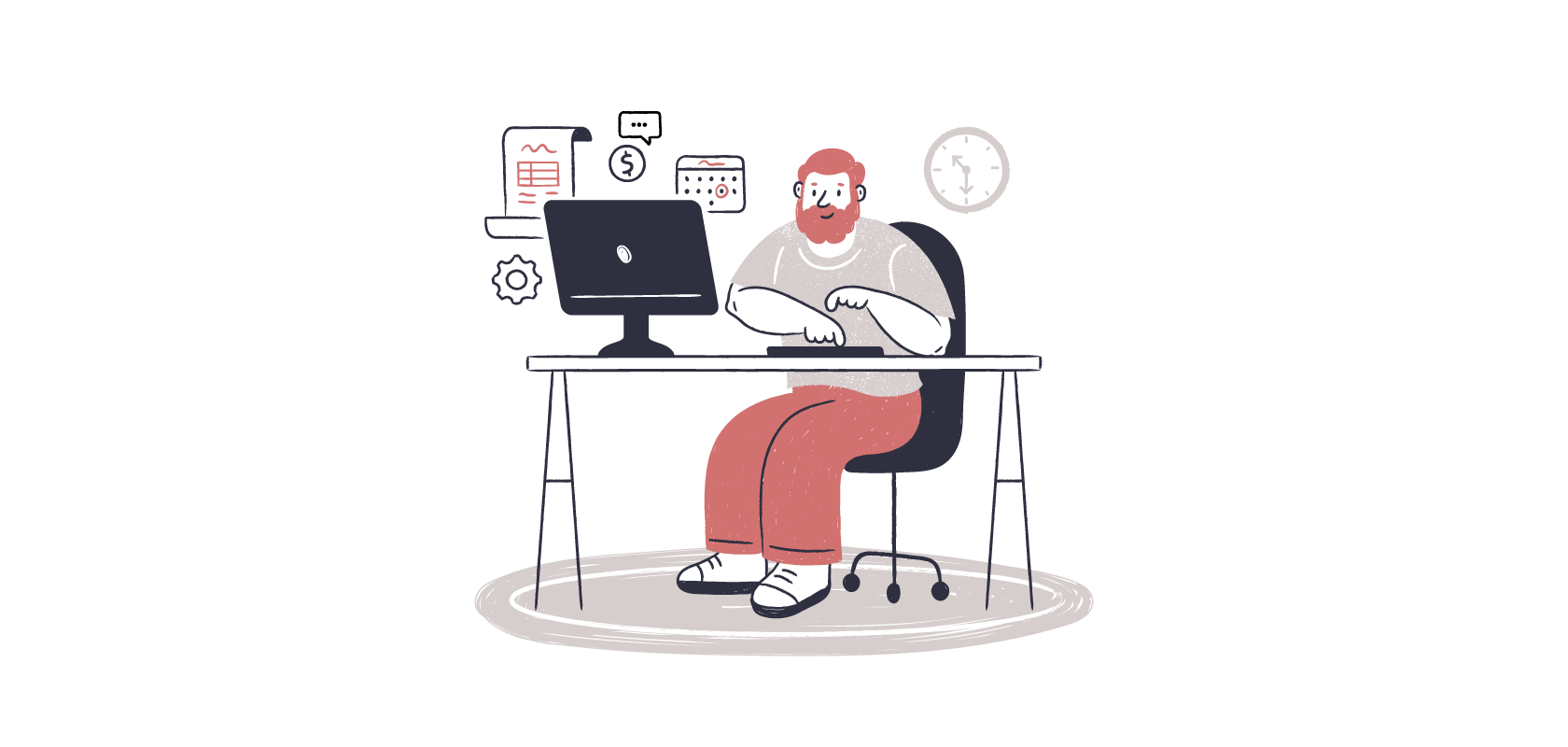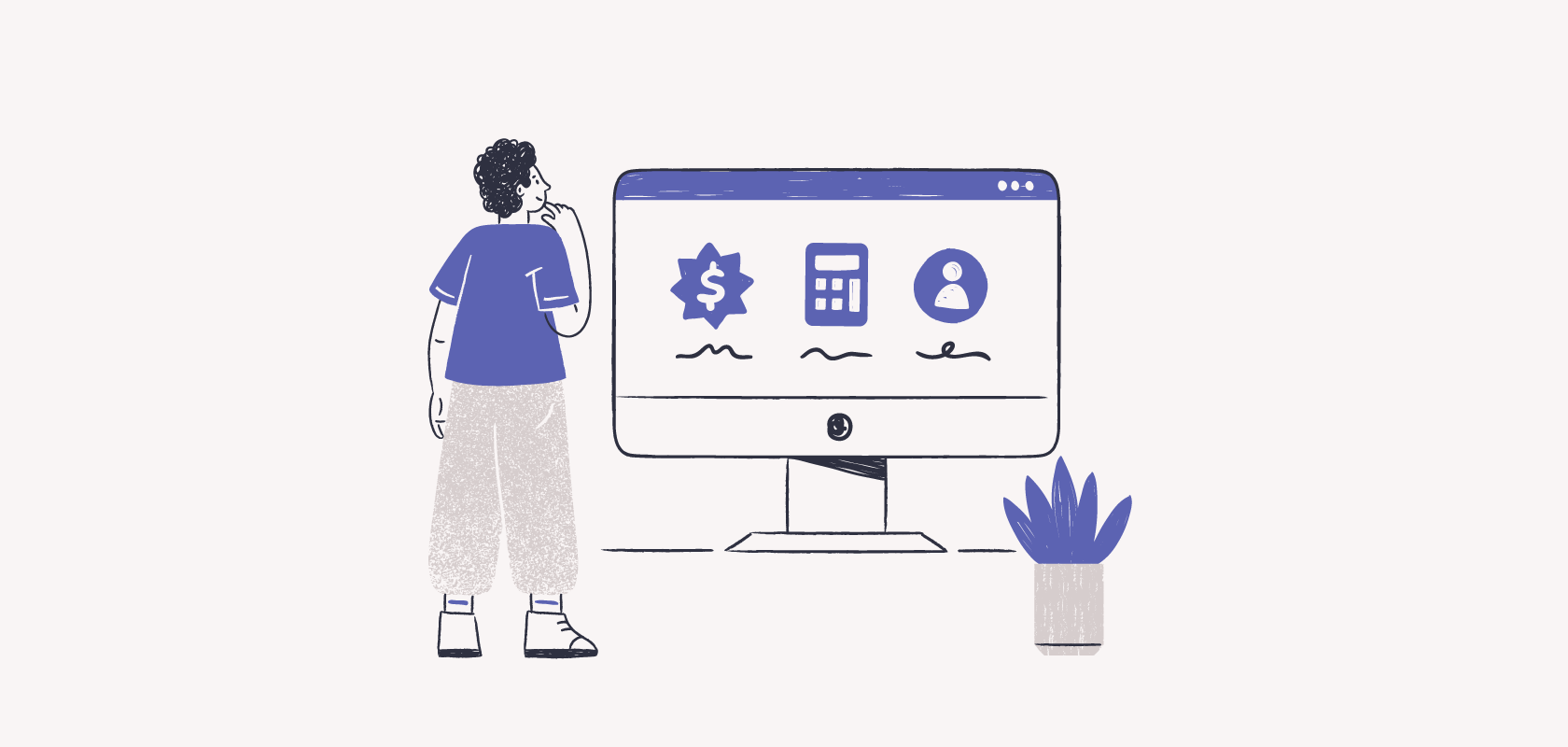Become an insider!
Get our latest payroll and small business articles sent straight to your inbox.
There’s no denying that “busy season” can get… well, busy. And stressful.
From needing to meet certain goals to attending back-to-back meetings, it’s easy to forget to take care of ourselves and maintain mental peace. If there’s something this past year has taught us, it’s the importance of our health and well-being and how it affects our productivity at work. With all of the stress that can come with “busy season”, small business owners must prioritize their mental health and their employees. This article shares actionable tips you can apply to keep your mental health in check during your small business’ seasonal rush hour.
But first, what is wellness?
Before we dive into actionable tips, let’s understand exactly what wellness is. Contrary to popular belief, wellness is not just limited to fitness and diet. The Global Wellness Institute defines wellness as “the active pursuit of activities, choices and lifestyles that lead to a state of holistic health.” To achieve optimal wellness, you need a holistic approach to health — one that focuses on the whole person: mind, body and spirit.

Wellness encompasses eight (8) dimensions of health that interconnect and contribute to your health, well-being and quality of life:
- Physical
- Intellectual
- Emotional
- Social
- Spiritual
- Occupational
- Financial
- Environmental
👉Note: These dimensions do not have to be equally balanced. Instead, we should strive for a “personal harmony” that is true to our individual selves, as each person has a different idea of what “balance” looks and feels like.
5 things you can do to support your team’s mental health during busy season.
We reached out to a few small business owners and professionals to get insight into what they do to support their employees’ well-being during the busy season. Here’s what they said:
1. Lunch as a bunch.
One thing that helped us a lot was that we started to have lunch together as a team. We would set a specific time, which was 12:30 pm, when everyone got together in our big meeting room and we would all eat together and just chat. The company would pay for everyone’s meal.
This little change has had a surprisingly good effect on our team’s mental health. People can let off some steam and enjoy a quality meal. This change got so much positive feedback that we have made this a permanent thing at our office.
— Darren Blumenfeld, Founder, InboxAlly
Although the InboxAlly team lunches are in-person, this tip can still apply to virtual teams. Just schedule a time to meet, provide each team member with a lunch stipend, hop on Zoom or another video conferencing platform and eat together!
2. Colour-code during team meetings.
One thing my team and I do to keep our mental health in check during the busy season is taking a temperature check at the beginning of each team meeting.
Each team member expresses their “growing edge”, which has to do with their being, rather than what they are doing, and what their capacity is for the week.
Our colour code for this temperature check is:
- Red = Overcapacity and I need support.
- Yellow = At capacity.
- Green = I can help.
This temperature check allows us to support one another in a collaborative team environment which focuses on the whole being of the team member.
— Taryn Watts, Founder, The Mind Rebel Academy
3. Make TGIFs even more special.
Usually on Fridays, we turn off at noon and encourage everyone to do something outside. Just 30 minutes in nature does wonders, and it’s a great way to end the week. But during our busy season, this isn’t possible, so we take extra care to promote a positive and supportive environment.
The most important thing that we do to keep our mental health in check is sharing a “brag” or “success” at the end of every week. There’s so much to do during these times that taking just 10 minutes at the end of a long week to recap what went well ends the week on a high note, and helps everyone mentally check out (until Monday!).
— Sarabeth Perry, Co-founder, Bace Health
4. Implement paid “blackout dates” for some R&R.
Spring and summer are the busiest seasons for us. While it’s tempting to work nonstop to do as much as possible and grow the business by increasing profits, I don’t employ robots. I employ people, and people need breaks. That’s why we schedule ‘blackout dates’ during these busy seasons. Blackout dates, for us, are days when employees aren’t coming to work. They still get paid — it’s essentially paid time-off (PTO), but doesn’t count against them. It’s just a little time to rest and recharge amidst the chaos.
— Jeremy Yamaguchi, CEO, Lawn Love
5. Support employees’ physical health.
If there is only one thing in life I learned, it is that physical health and mental health are correlated. So while checking on employees and yourself help, you also need to check on physical health.
For this, I try to incentivize my team to watch their physical health. Some of these include gym reimbursements or even food truck/catering events that encourage healthful diets. I let them tell me how to help so I can fill in any gaps they find about physical health.
— Darren Nix, Founder, Steadily Insurance
Bonus tip: Use the lessons learned from previous seasons to plan ahead.
Using the mid-way point between busy seasons as a scheduled check-ins to re-visit what worked and what didn’t work from the last season has become incredibly valuable. When we look at what could be done ahead of time to prevent burnout or put proactive solutions in place with enough time to execute, we aim to prevent the plan from feeling like another to-do in an already busy season.
What we make time for becomes the architecture of our team’s day-to-day experience. The stresses of a busy season are more manageable because we know they will pass, but having tools and assurances in place to grow from season to season keeps being well and performing well hand-in-hand as consistent priorities!
— Fallon Collett, Employee Experience Specialist, Wagepoint
5 actionable tips on staying mentally healthy during busy season as a small business owner
As the saying goes, you can’t pour from an empty cup. Here’s what these small business owners and professionals do to maintain their well-being during the busy season.

Source: Twitter / @actionhappiness
1. Clear your head by doing something active.
If my go-to strategies don’t seem to work and I still feel overwhelmed, that just means I might need a break. When that happens, I take a partial day off and play volleyball or go for a bike ride. The exercise clears my head which lets me return and take a fresh look at the workload, with a more optimistic view.
— Sin Kim, Founder, Designer and Goldsmith, Sin Kim Jewellery
2. Set aside time to come back to the present moment.
As a COO, my #1 mental health tip during the busy season is to set aside time each day to come back to the present moment, and intentionally come back to the present moment each time I feel myself getting anxious about the future. I like to do this by practicing mindful breathing and doing yoga each day. These things give me the skills to help me be able to come back to the present even when I am not actively practicing the yoga or mindful breathing in that specific moment.
— Samantha Odo, COO and Realtor, Precondo
3. Prioritize Zzzs.
What is one thing I do to support my mental health during the busy season? I prioritize sleep! Sleep is a key component of both physical and mental health. In our ultra-connected world, sleep has taken a back burner to productivity.
— Lauren Bryson, CEO, Holistic Nutritionist and Kids Cooking Instructor, Lauren Emerson Wellness
Laura also shared some tips that help support a restorative night of sleep:
- Get natural light in the morning (sets your circadian rhythm).
- Avoid eating 2-3 hours before bed.
- Get an alarm clock (and get the phone out of your room).
- Exercise.
- Eat a clean protein and healthy fat for dinner (balances blood sugar).
- Have good sleep hygiene.
- Meditate.
- Eat cherries (excellent source of melatonin).
4. Take a 3-step approach to task completion: Categorize, prioritize and schedule.
One thing I do during the busy season is taking a three-step approach to task completion. I start with the category of the work, whether it’s regarding finances, personnel, partnerships or whatever other broad definition I can sort things into.
From there, prioritization — what needs to happen today, what can wait and what needed to happen yesterday? Getting a view into all this helps me understand just how busy I am.
Finally, scheduling. You only have so many hours in a day — that doesn’t change based on the time of year. You have to be realistic with what you can achieve, even in busy seasons. But a fine-tuned approach to allocating your time keeps you above water.
— Grant Aldrich, Founder and CEO, Online Degrees
5. Write simple affirmations in places where you have to see them.
During my busiest season as a business owner, I help my mental health by writing simple affirmations around my office, mirror, car, or somewhere else I have to see it. They usually say, “I’ve got this” or “I’m living my dream” or something else specific I need to hear!
The key is that they’re in everyday spaces, so when I’m packing orders, running around dropping off orders, picking up supplies, etc., I have to see an affirming reminder of why I love what I do, and that I can and will make it through this season!
— Diana Yates, Owner and Founder, tangibles
Bonus tip: Give yourself permission to take breaks and actually switch off.
I regularly check in with myself to make sure I am not pushing myself past the point of actual productivity — you know, where you just stare at the screen like a zombie. When I stop, I give myself permission to actually switch off and not think about work. It takes practice, but it’s very effective at ensuring you are getting enough mental rest during busy times.
— Shrad Rao, CEO, Wagepoint
Get small business tips delivered to your inbox.
At Wagepoint, not only do we believe in simplifying payroll processes for small business owners, but also being a trusted voice for small businesses. Sign up for our newsletter to get the latest small business trends and research from experts on topics such as employee management, business growth and payroll sent to your inbox every month.












